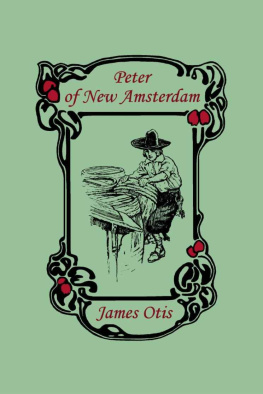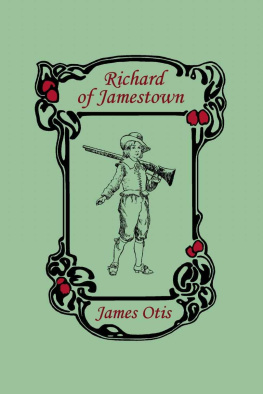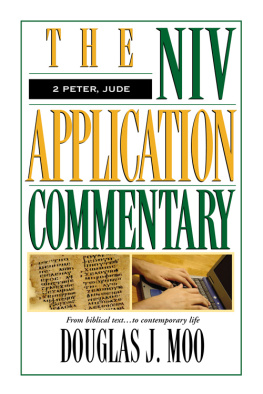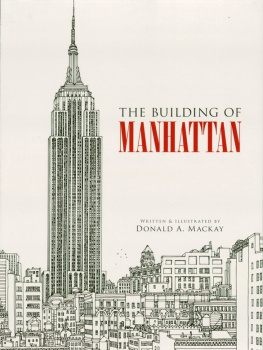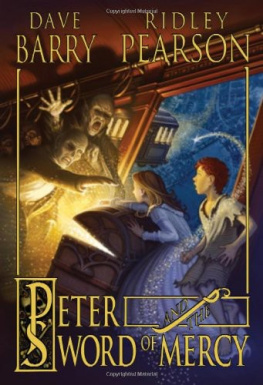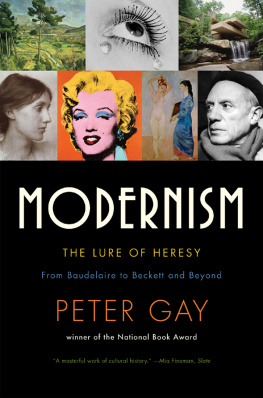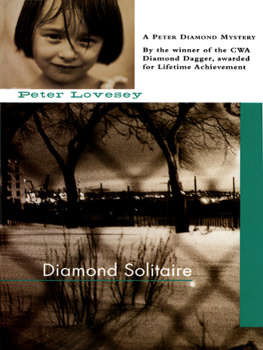Peter of Amsterdam
by
James Otis
Yesterday's Classics
Chapel Hill, North Carolina
Cover and Arrangement 2010 Yesterday's Classics, LLC
All rights reserved. No part of this book may be reproduced or retransmitted in any form or by any means without the written permission of the publisher.
This edition, first published in 2010 by Yesterday's Classics, an imprint of Yesterday's Classics, LLC, is an unabridged republication of the work originally published by American Book Company in 1910. This title is available in a print edition (ISBN 978-1-59915-183-0).
Yesterday's Classics, LLC
PO Box 3418
Chapel Hill, NC 27515
Yesterday's Classics
Yesterday's Classics republishes classic books for children from the golden age of children's literature, the era from 1880 to 1920. Many of our titles are offered in high-quality paperback editions, with text cast in modern easy-to-read type for today's readers. The illustrations from the original volumes are included except in those few cases where the quality of the original images is too low to make their reproduction feasible. Unless specified otherwise, color illustrations in the original volumes are rendered in black and white in our print editions.
Foreword
The purpose of this series of stories is to show the children, and even those who have already taken up the study of history, the home life of the colonists with whom they meet in their books. To this end every effort has been made to avoid anything savoring of romance, and to deal only with facts, so far as that is possible, while describing the daily life of those people who conquered the wilderness whether for conscience sake or for gain.
That the stories may appeal more directly to the children, they are told from the viewpoint of a child, and purport to have been related by a child. Should any criticism be made regarding the seeming neglect to mention important historical facts, the answer would be that these books are not sent out as histories,although it is believed that they will awaken a desire to learn more of the building of the nation,and only such incidents as would be particularly noted by a child are used.
Surely it is entertaining as well as instructive for young people to read of the toil and privations in the homes of those who came into a new world to build up a country for themselves, and such homely facts are not to be found in the real histories of our land.
Contents
Where I Was Born
I F I ever attempted to set down a story in words, it would be concerning the time when I was much the same as a slave among the Dutch of New Amsterdam, meaning a certain part of the world in that America where so many of my father's countrymen came after they left England, because of the King's not allowing them to worship God in the way they believed to be right.
It sounds odd to say that an English boy was ever held as slave by the Dutch, and perhaps I have no right to make such statement, because it is not strictly true, although there were many years in my life when I did the same work, and received the same fare, as did the negroes in the early days of New Amsterdam.
Before I was born, my father was clerk to the postmaster of Scrooby, one William Brewster, and perhaps thus it was that when, because of troubles concerning religion, Master Brewster journeyed to Leyden with a company of people who were called Separatists, my parents went with him.
And so it was that I was born in Leyden, in the year of our Lord, 1612, but I never knew what it was to have a mother, for mine died while I was yet in the cradle; thanks to the care of a loving, God-fearing father, however, I could do very much toward looking out for myself by the time I had come to the age of eight, when I was left entirely alone in the world. I love now to think that during the years of my life while the good man remained on this earth, I did not cause him any great anxiety, and required little care.
Within two months after my father died, which was in the year 1620, many of the congregation in Leyden set off with Master Brewster for the New World, there to build up a city where men might worship God in whatsoever fashion they pleased.
Those of the Separatists who were left behind, cared for me as best they might until a year had passed; but none of them were overly burdened with this world's goods, and, young though I was, I realized, in some slight degree, what a tax the care of a lad nine years old was upon them.
Alone in Holland
L ATER, those who had in charity taken charge of me also set off to join Master Brewster's company in America, and I, an English boy, was left much the same as alone in Holland. I could speak the Dutch language, however, and was willing to work at whatever came to hand, so that I earned enough with which to provide me with food; as for clothing, I wore the cast-off garments of the Dutch boys, whose mothers, taking pity upon an orphan, freely gave them to me.
Among the few English then left in Leyden was Master Jan Marais, a professor in the University, whom my father had known; and he, so far as lay in his power, kept a watchful eye over me; but this was only to the extent of inquiring for my welfare when we met by chance, or in recalling my name to those among his Dutch friends who were in need of such services as so young a lad could render.
Now it seems, although I knew nothing concerning it at the time, that there had been formed in Holland, among the merchants, what was known as the West India Company, whose purpose was to make a settlement in that part of the New World which they had named New Netherland, claiming to own it, and there trade with the savages, or engage in whatsoever of business would bring in money.
Master Peter Minuitwhom I should call Heer Minuit, because such is the Dutch term for master, but the odd-sounding title never did ring true in my ear had been appointed by this company, which had already sent out some people to the world of America, Director of the settlement that was to be made. He came on a visit of leave-taking to Master Jan Marais, and it so chanced, whether for good or for evil, that while the two were walking in the streets of Leyden, they came upon me, standing idly in front of a cook-shop, and saying to myself that if the choice were given to me I would take this or that dainty to eat.
An Important Introduction
I T may have been in a spirit of fun, or that perhaps Master Marais had in mind to do me a good turn, but however it came about, he said as gravely as if I were the burgomaster's son:
"Heer Peter Minuit, allow me to present to you Master Peter Hulbert, who has had the misfortune to lose both his father and his mother by death."
Master Minuit was not unlike many others whom I had met, save that there was in his face a certain look which bespoke a kindly heart, or so it seemed, while he gazed at me much as he would at a young calf that he had in mind to purchase.
I never did lay claim to being comely, either as boy or man; but yet it must have been that this sturdy visitor saw something about me which attracted either his closest attention or his charity, for he said with a kindly smile, as he patted me on the head:

